References
| ↑1 | Physics 194a33-b7 |
|---|---|
| ↑2 | Categories 5 |
| ↑3 | Cf. Physics 202a21-b29, which Aristotle introduces as an ἀπορία λογική. |
| ↑4 | II Sent. D.35, a. 1, ad 5. |
| ↑5 | Emma c.7 Note that, to my mind other, more fundamental uses of the verb ‘suffer’ bear the ‘middle’ voice. |
| ↑6 | Expositio libri peryermenias I l.2, p.3: Because logic is ordered to raising knowledge about things, the signification of sounds of voice [vocum], which is immediate to the very conceptions of the intellect, pertains to its principal consideration; but the signification of letters, as if more remote, does not pertain to its consideration, but rather to the grammarian’s consideration. |
| ↑7 | In libros posteriorum analyticorum I l.1: ‘a certain ordination of reason in what way human acts arrive through determinate means to a determinate end.’ |
| ↑8 | Super Boetium De trinitate Q.5, a.1, ad 3, 231-233. Cf. I-II Q.57, a.3, ad 3: some work which belongs immediately to reason, as...to form speech’. |
| ↑9 | Super Boetium De trinitate Q.5, a.1, ad 4, 273-277: Cum enim philosophia vel etiam artes per theoricum et practicum distinguuntur, oportet accipere distinctionem eorum ex fine, ut theoricum dicatur illud, quod ordinatur ad solam cognitionem veritatis, practicum vero, quod ordinatur ad operationem. Hoc tamen interest, cum in hoc dividitur philosophia totalis et artes, quod in divisione philosophiae habetur respectus ad finem beatitudinis, ad quem tota humana vita ordinatur....Cum vero dicuntur artium quaedam esse speculativae, quaedam practicae, habetur respectus ad aliquos speciales fines illarum artium. [For when philosophy or even the arts are distinguished by the theoretical and the practical, one must take their distinction from the end, as that which is ordered only to the knowledge of the truth is the theoretic, but what is ordered to operation is practical. Yet there is this difference, when the whole of philosophy and the arts are divided in this that a reference is had in the division of philosophy to the end of beatitude, to which the whole of human life is ordered....But when certain arts are said to be speculative and certain practical, a reference is had to the some special ends of those arts.] |
| ↑10 | Super Boetium De trinitate Q.5, a.1, ad 4, 283: ‘near or far from operation.’ |
| ↑11 | Super Boetium De trinitate Q.5, a.1, ad 4,: ‘teaches the mode of operating for health.’ |
| ↑12 | Super Boetium De trinitate Q.5, a.1, ad 4, : ‘teaches the principle from which man is directed in operation, but not proximately.’ |
| ↑13 | I Sent. D.22, Q.1, a.1, ad 3: Sed grammaticus accipit substantiam quantum ad modum significandi, et similiter qualitatem; et ideo, quia illud quod significatur per nomen significatur ut aliquid subsistens, secundum quod de eo potest aliquid praedicari, quamvis secundum rem non sit subsistens, sicut albedo dicit, quod significat substantiam, ad differentiam verbi, quod non significat ut aliquid subsistens. |
| ↑14 | Martini de Dacia Modi Significandi c.11. Martin conceives the preposition to arise first for the purpose of completing an intransitive verb in such a manner that it can take an object, as in the sentence, ‘I walked into the building.’ As I read him, he understands the ‘hook’ to exemplify the relation of the preposition to an intransitive verb (at least originally) in the relation of the hook to whatever ‘holds’ the hook. The relation of the preposition to its object (and through it the intransitive verb’s object) is exemplified by the relation of the hook to whatever it ‘hooks.’ |
| ↑15 | Expositio libri peryermenias I, l.5, p.5. |
| ↑16 | Martini de Dacia Modi Significandi c.12. |
| ↑17 | Cf. I Sent. D.8, Q.2, a.3 ad 5; Super Evangelium Ioannis c.1 l.1. |
| ↑18 | Cf. IV Sent. D.8, Q.2, a.1, q.4; III Q.78, a.5. |
| ↑19 | I Q.13, a. 1, a. 1, 12. |
| ↑20 | Metaphysics 1072b26-30. |
| ↑21 | Physics 232a4-6. |
| ↑22 | Cf. Expositio libri peryermenias I l.5. |
| ↑23 | Cf. Super Evangelium Ioannis I l.1, passim. |
| ↑24 | Metaphysics 982b25-28. Cf. Sententia Libri Politicarum I l.5: dicuntur aliquae artes liberales, quae deputantur ad actus liberorum. |
| ↑25 | The grammarian often considers principles outside his science to clarify his own principles. Thus he may, for example, consider the modes of understanding implied in various uses of the genitive: the possessive genitive, the subjective genitive, the objective genitive. This order allows him to understand the nature, unity, and breadth of the genitive case. Again, historical principles may explain the development of the accusative case. Though such principles are outside the science, they help to manifest the nature and unity of this case. A good example of the use of such considerations as an aid to what is properly speculative consideration (however imperfectly it is distinguished from the practical) can be found in A New Latin Syntax by E. C. Woodcock. |
